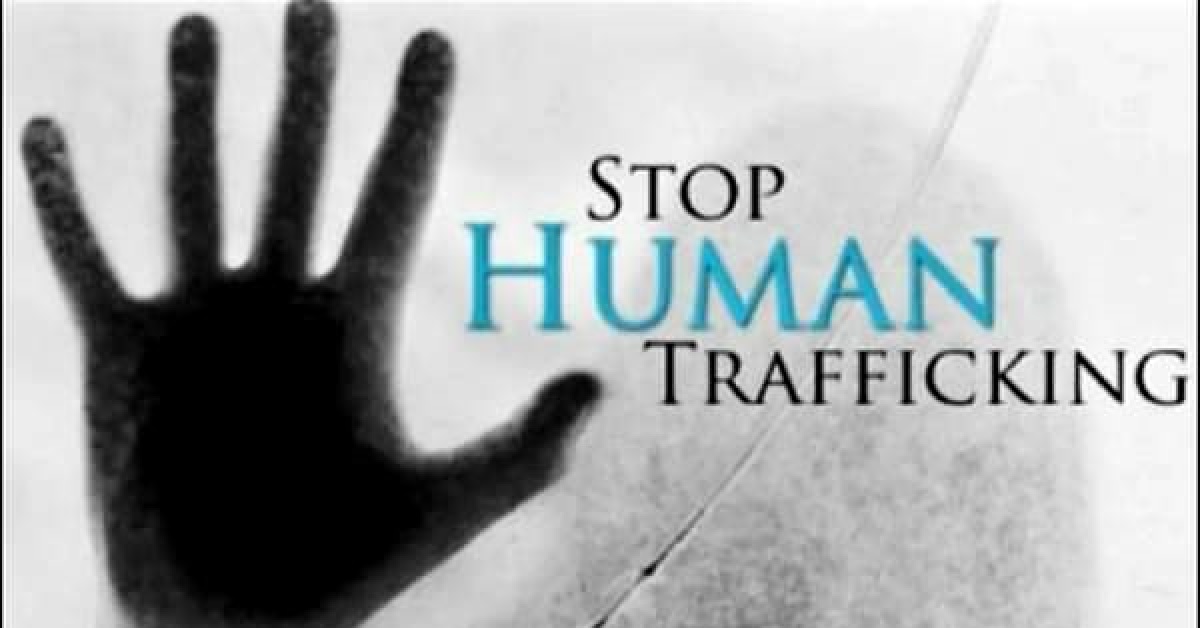Sierra Leone’s capital, Freetown, has been identified as a prime target for human traffickers, according to a recent publication by Al Jazeera titled ‘Freetown Becomes Target for Human Traffickers.’
The report highlights the vulnerability of Sierra Leone’s poorest communities, exacerbated by the impacts of climate change.
Human trafficking involves the use of force, coercion, or fraud to relocate individuals for profit, and while official data is limited, experts suggest that the issue is pervasive in Sierra Leone. With youth unemployment reaching nearly 60 percent and the majority of the population living on less than $3 a day, a large pool of potential victims is created for traffickers, who exploit the aspirations of those seeking better opportunities abroad, particularly women.
The traffickers often promise lucrative positions, such as nannies, hairdressers, maids, or shop assistants in countries like Lebanon, Oman, Dubai, Kuwait, and Turkey. However, upon reaching their destination, victims frequently have their passports confiscated and are forced into unpaid labor within private residences, with many reporting instances of sexual abuse.
While some victims manage to escape, many remain trapped in harrowing situations for extended periods. Shockingly, 99 percent of the 469 Sierra Leonean domestic workers in Oman, surveyed in the last two years by the non-profit Do Bold, admitted to being trafficked, and a third of them reported instances of sexual abuse.
Sierra Leone implemented a new law in 2022, prescribing a minimum sentence of 25 years for those convicted of human trafficking. Despite dozens of arrests, only three convictions have been reported, with one individual acquitted shortly after. Al Jazeera suggests that traffickers often exploit loopholes in the justice system, bribing their way out of jail or leveraging political connections to evade punishment.
As a member Migrant Rights, Saraswathi said: “In the absence of a robust justice system, the best prevention is education so that people ask the right questions when they are offered a job”.











